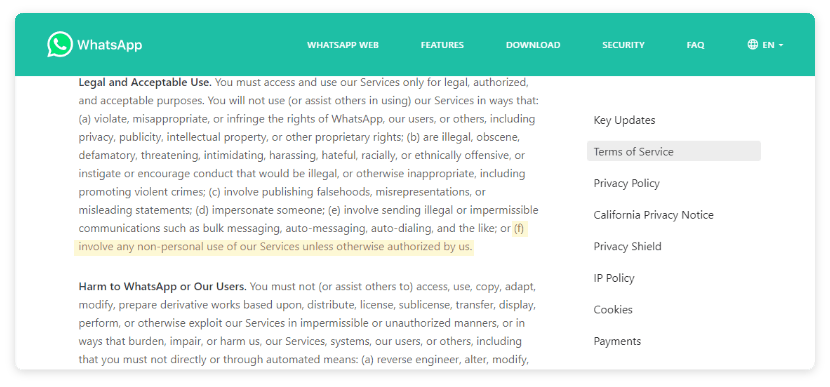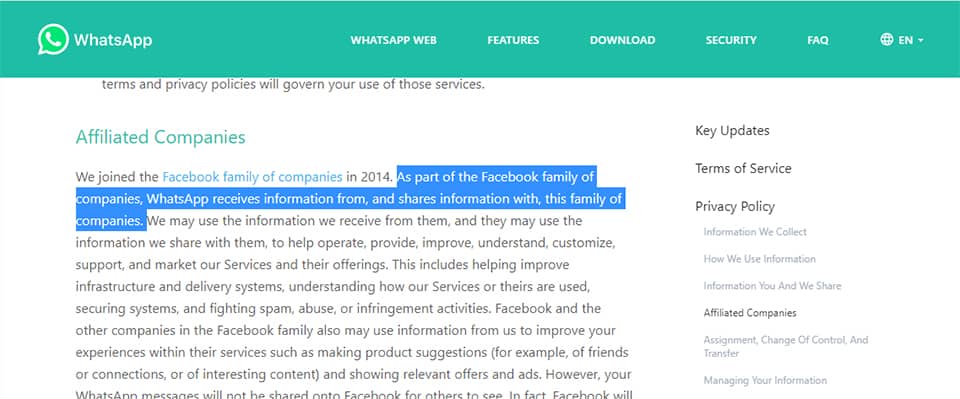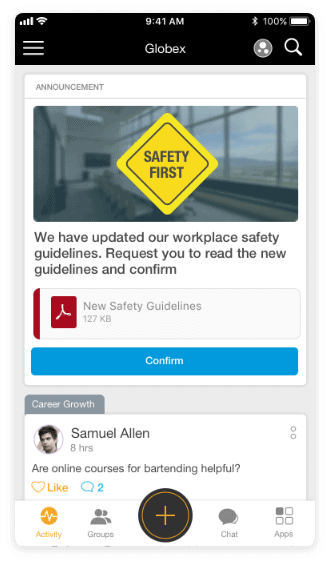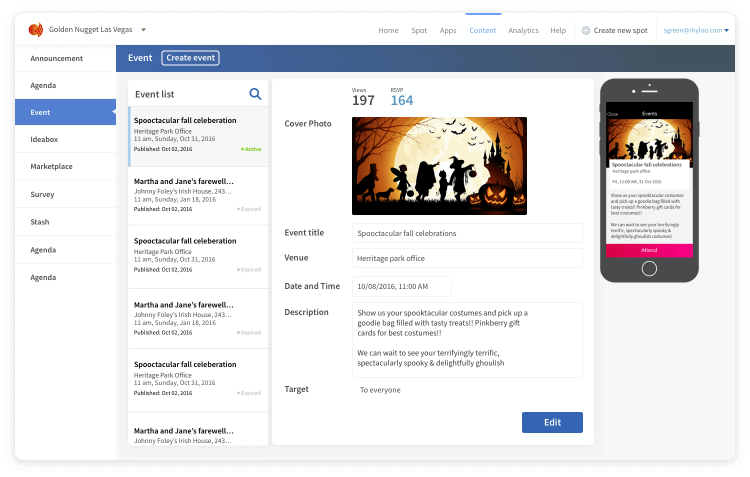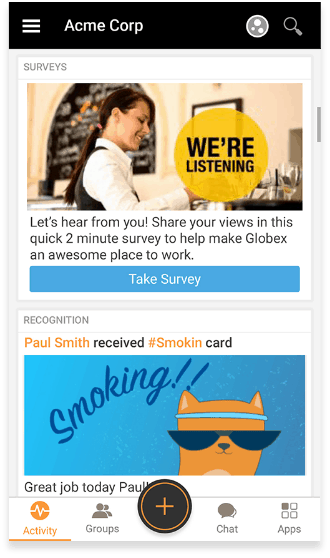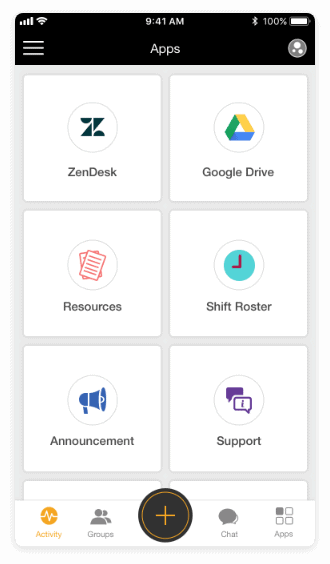Developed by Jan Koum to stop missing calls while at the gym, Whatsapp has experienced exponential growth since its inception in 2009, hitting over a billion daily active users in 2020 across 180 countries.
A slick and super intuitive interface, frictionless mobile-number based onboarding and direct network effects have propelled this rapid growth, making WhatsApp the highest downloaded app in both the app stores.
There’s no doubt that WhatsApp has had a tremendous impact on the way we connect, communicate, and exchange information.

